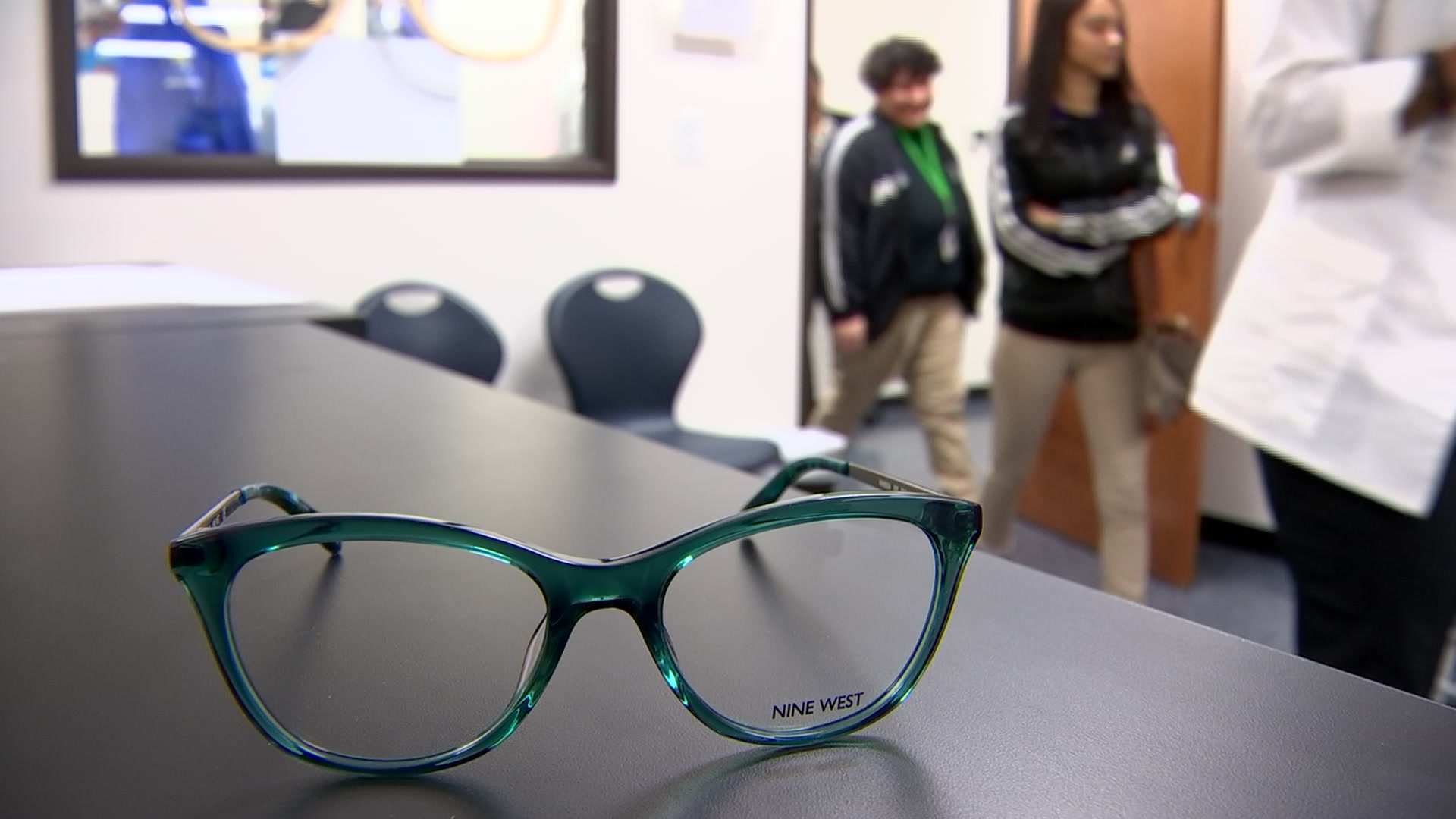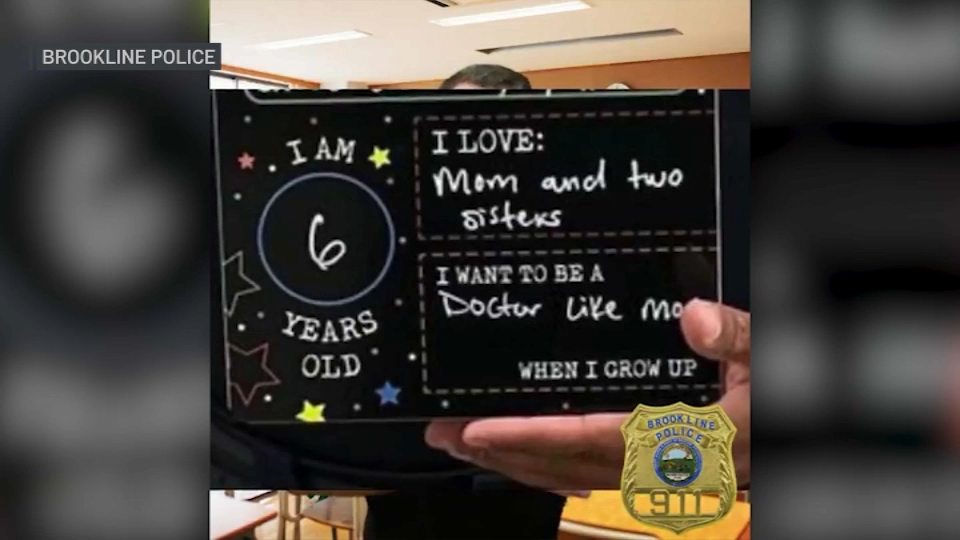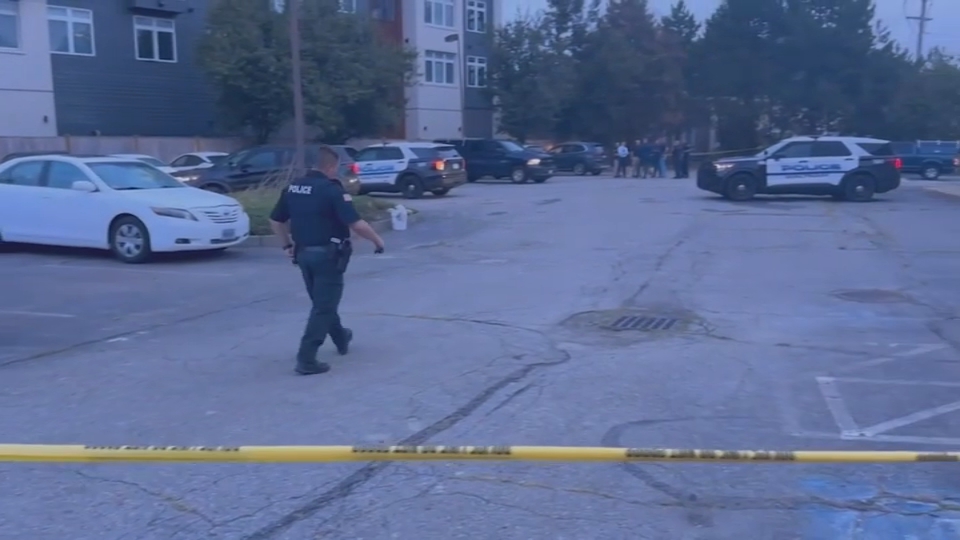As Boston gets ready for the new school year, city officials will be door knocking on doors to motivate students with a history of chronic absenteeism to return to the classroom.
“During last school year, the [Re-Engagement Center] met with nearly 750 students,” Wu said during a press conference Wednesday. “This year, we have about 50 canvassers, volunteers from the city, BPS, community organizations and knocking about 300 doors.”
The city’s projections estimate that there was between a 4 and 6% decrease in chronic absenteeism between the 2022-2023 school year and last year, and then a 7 to 10% decrease “if we look at those rates over the last two years, Wu said.
“That is huge, especially at a time when across the country other districts are seeing absenteeism go up,” Wu said. “We are seeing it go down in Boston because of these efforts.”
Classes in Boston begin Thursday.









